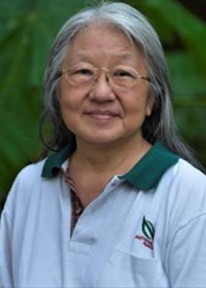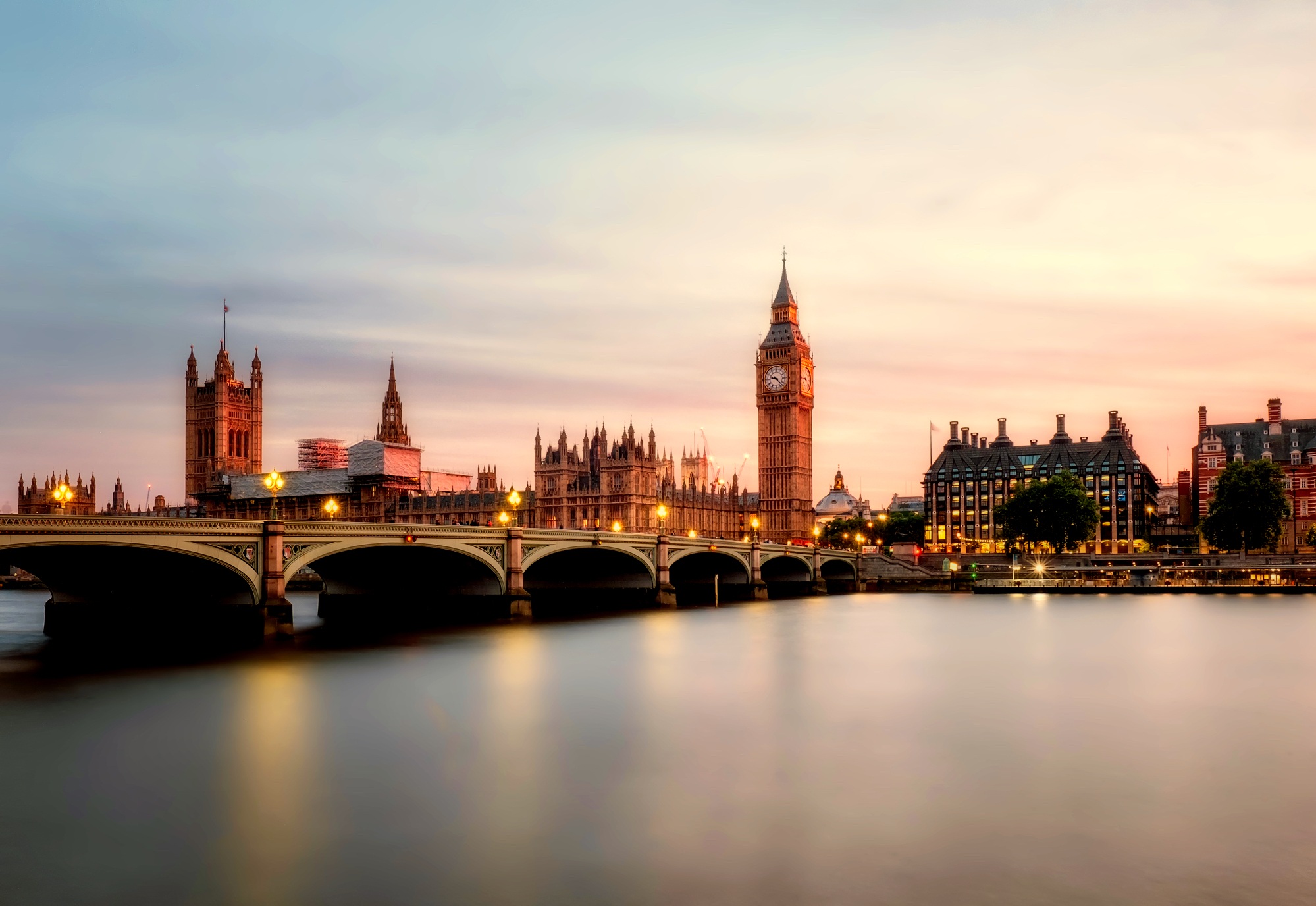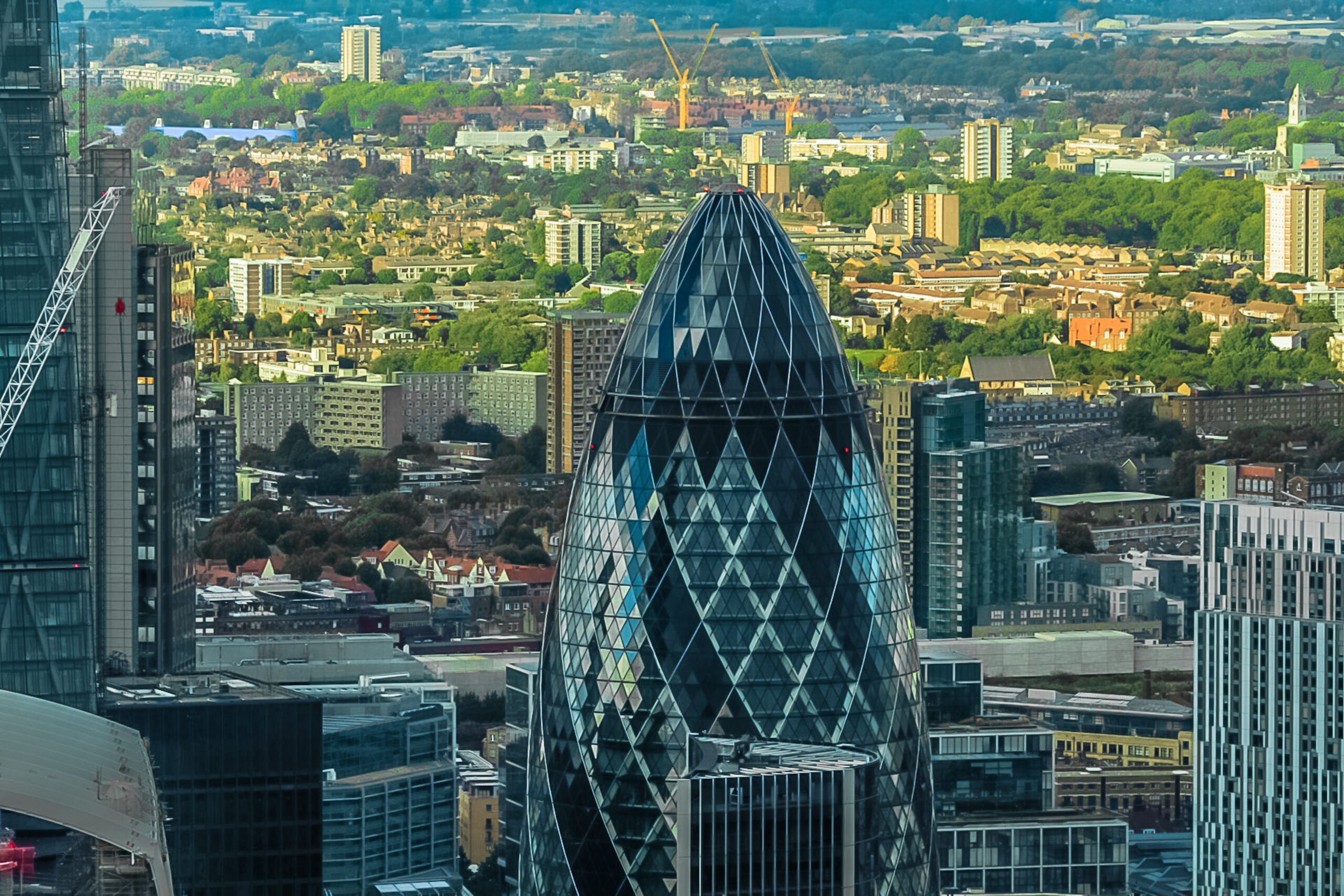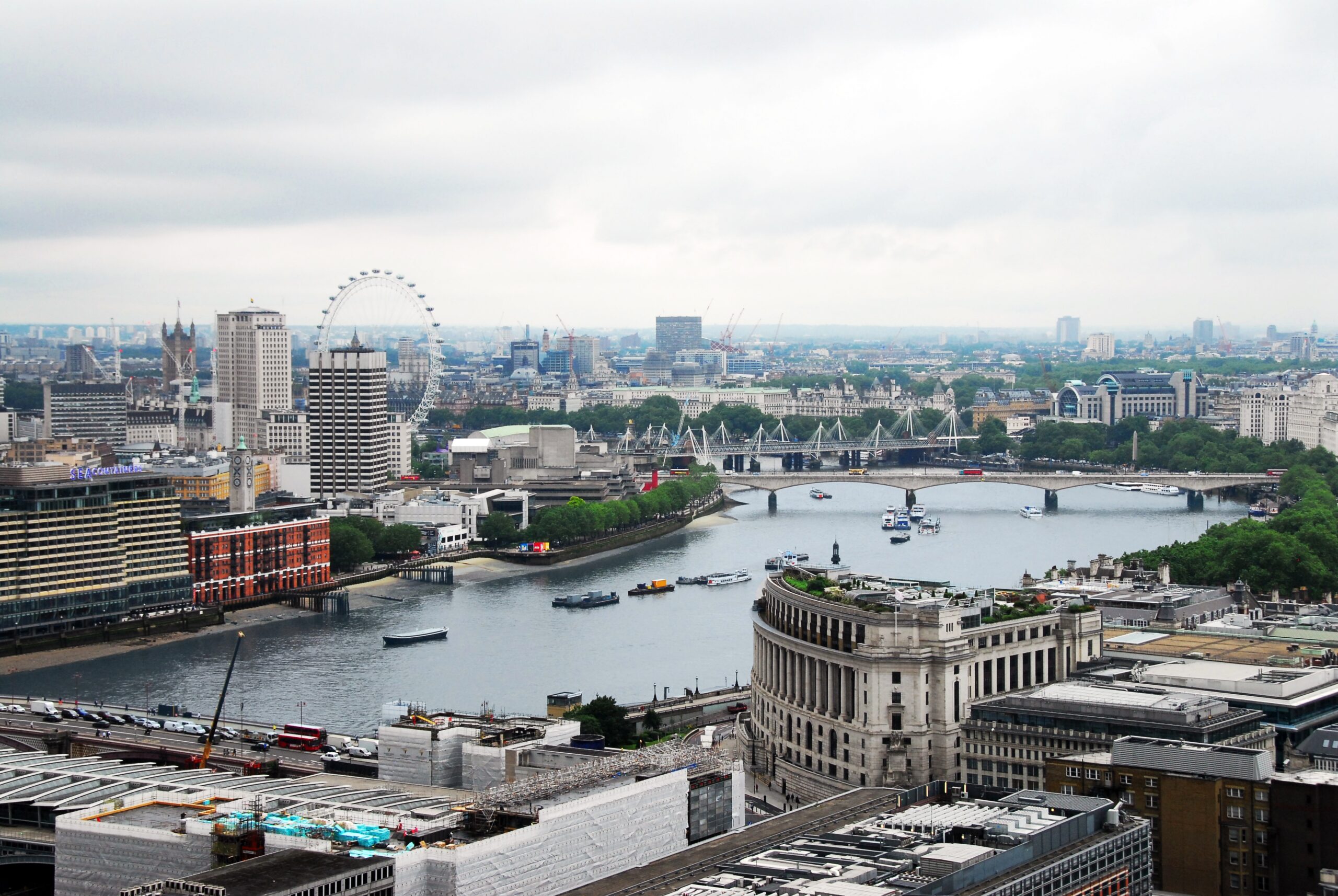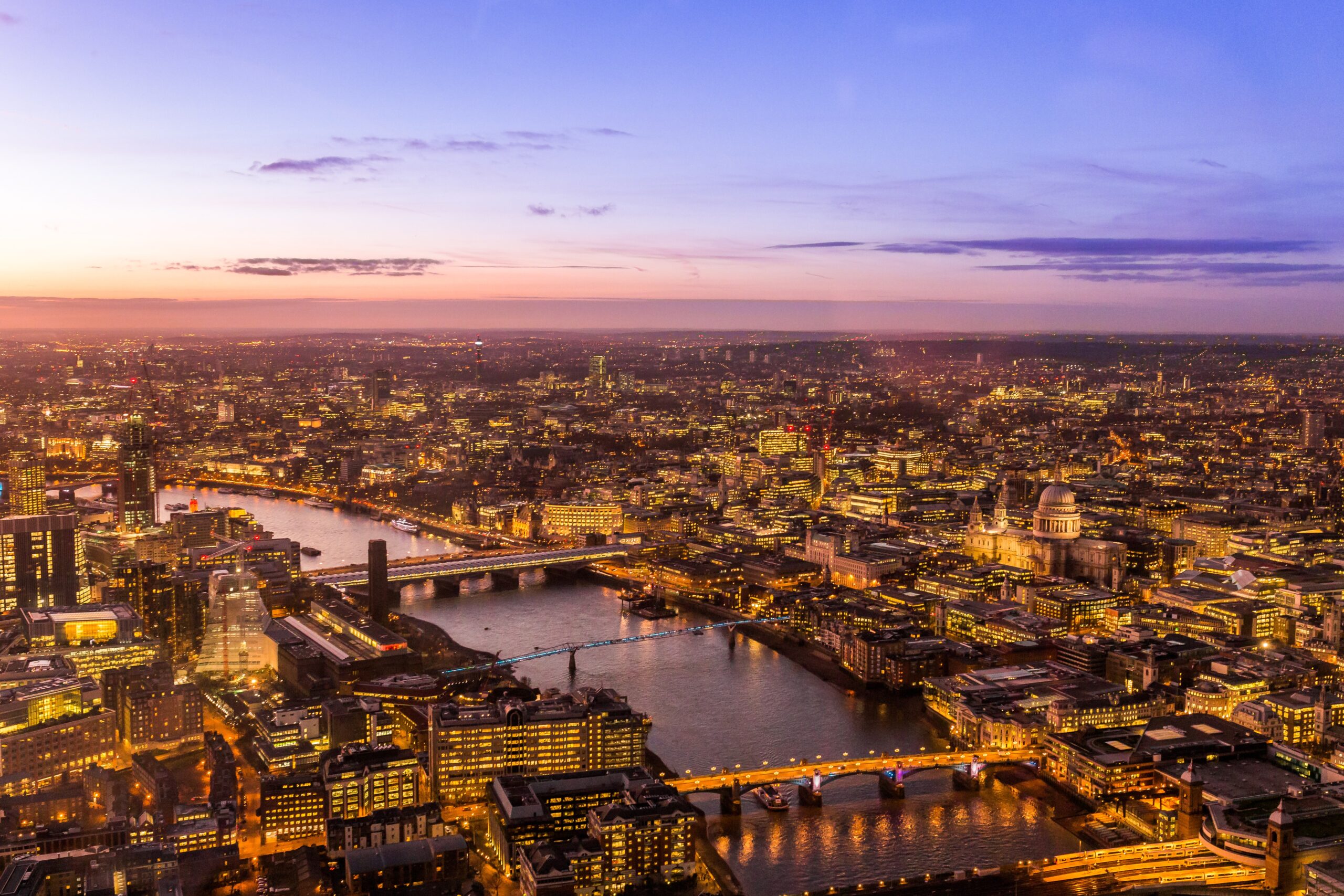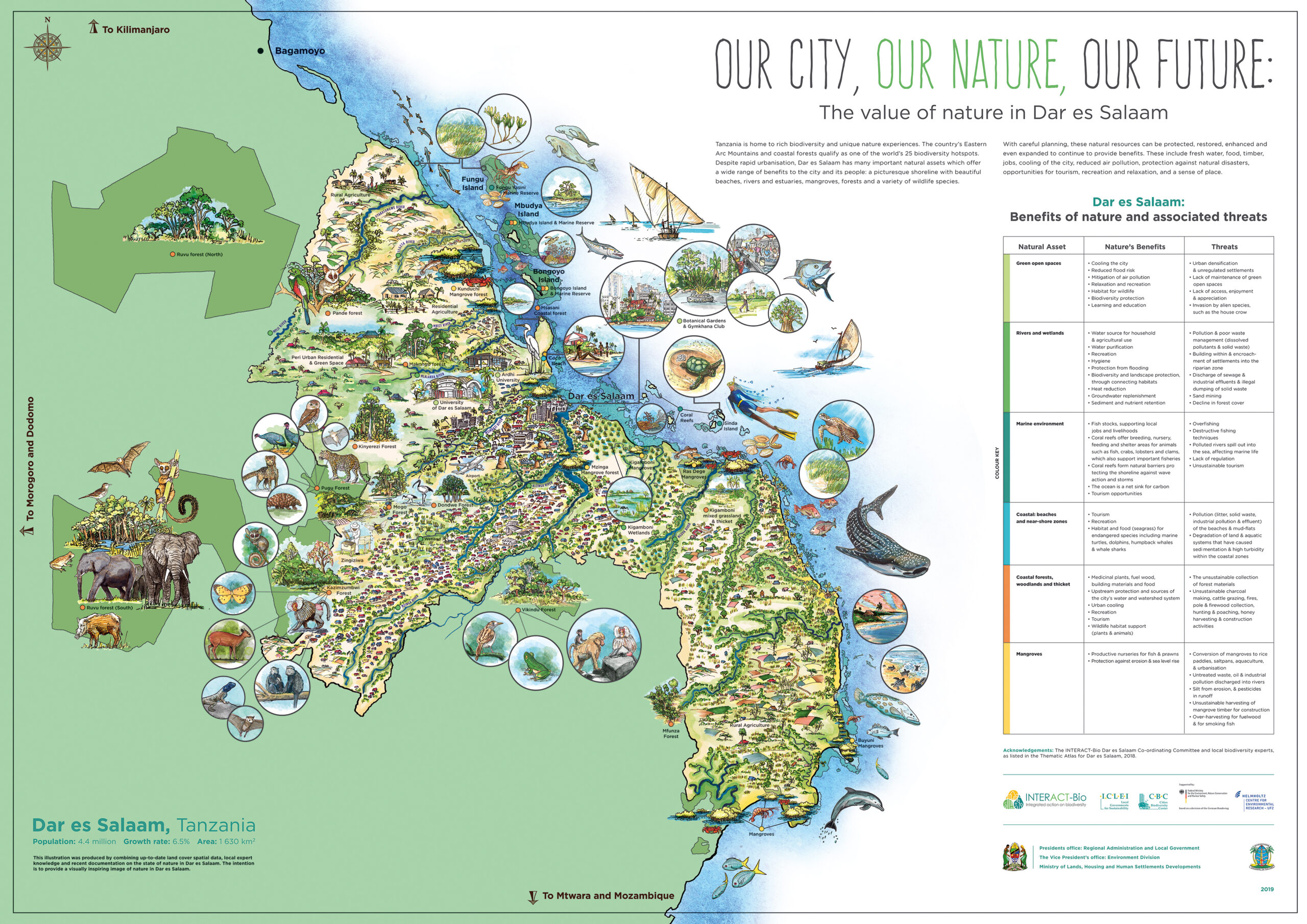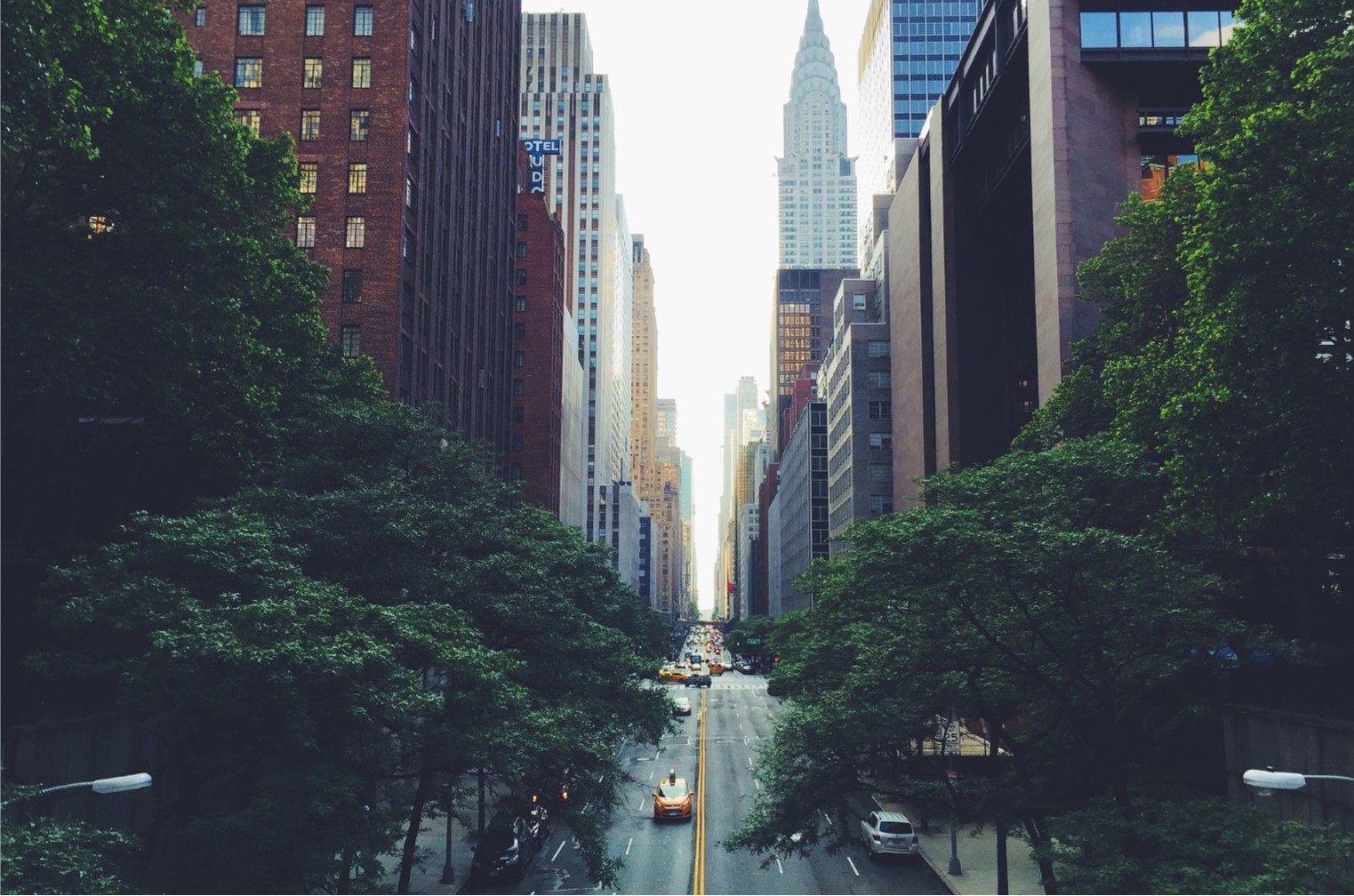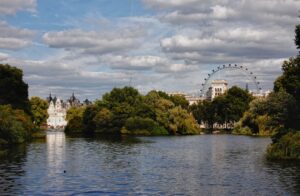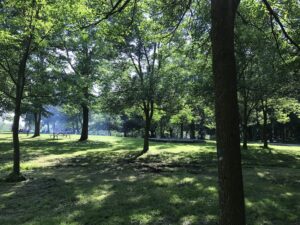The Informal Advisory Group on Biodiversity Mainstreaming (IAG Mainstreaming) presented its Progress Report and the Elements for mainstreaming biodiversity in the post-2020 global biodiversity framework on 24 June during the afternoon plenary session of the second meeting of Open-Ended Working Group held in Rome, Italy. The report emphasized that mainstreaming lies at the core of the “whole of government approach, which is central to the post-2020 global biodiversity framework process. All actors should cooperate in reversing biodiversity loss, from global to regional to sub-regional, national, subnational and local levels. It also includes the Draft Long-term Approach to Biodiversity Mainstreaming (LTAM). Click here to view the report. Going forward, the IAG Mainstreaming will prepare the full draft of the LTAM to the third meeting of the SBI, which will take place in Montreal in May this year. The full draft will consist of an introduction, goals and targets; Action Plan (detailing activities, milestones and key players); a glossary; and a set of references, guidelines, technical papers and sources of expertise.
Upcoming Opportunities: What’s next?
The ‘Workshop for Subnational, Regional and Local Governments on their role in the CBD Post-2020 Framework’ is the next major milestone on the post-2020 roadmap to COP 15. This Workshop will take place on 1-3 April 2020 in Edinburgh, Scotland, and will be organised by the Government of Scotland, the Convention on Biological Diversity, in collaboration with ICLEI, Regions4, the European Committee of the Regions, the UK’s Department for Environment, Food and Rural Affairs, Scottish National Heritage, the UNEP World Conservation Monitoring Centre, the Government of Quebec and Wales. For more information, click here.
How to get Involved
Join us and register now for our Post 2020 information series, with monthly webinars to keep the local and subnational government constituency, networks, and partners up to date on key milestones, our emerging position statement, and the participatory preparation process of developing the Post 2020 Global Biodiversity Framework on the roadmap to COP 15. The list of webinars and registration links are as follows:
6th February 2020: 10am CAT and 3pm CAT
26th March 2020: 10am CAT and 3pm CAT
16th April 2020: 10am CAT and 3pm CAT
14th May 2020: 10am CAT and 3pm CAT
4th June 2020: 10am CAT and 3pm CAT
23rd July 2020: 10am CAT and 3pm CAT
20th August 2020: 10am CAT and 3pm CAT
17th September 2020:10am CAT and 3pm CAT
8th October 2020: 10am CAT and 3pm CAT
5th November 2020: 10am CAT and 3pm CAT
3rd December 2020: 10am CAT and 3pm CAT
We already held the first of these webinars in 2020, where we discussed the plans for the year of various local and subnational networks that are active in supporting our constituency. To view the recording of this webinar, click here.
The next webinar in the series is scheduled to take place on 26th March 2020.
Visit here to see past webinars in the series. For more information, visit and bookmark our Post 2020 website.
Join CitiesWithNature
CitiesWithNature is a global partnership initiative that provides a shared platform for cities and regions, partners, practitioners, researchers, and urban communities to connect, learn, act, share, and inspire each other in mainstreaming nature in and around urban areas. CitiesWithNature has been endorsed by the SCBD as the official engagement mechanism for local and subnational governments in the CBD process. In the lead up to COP 15, we are calling on all cities, large and small, to register and take action now, as we mobilise our constituency to shape and influence the Post 2020 GBF.
As hosts of the UNFCCC COP 26, arguably the most significant COP since Paris, we are also proud to welcome Glasgow City Council (Scotland) to CitiesWithNature. To see what the Local Governments and Municipal Authorities Constituency (LGMA) is doing in the UNFCCC climate negotiation process, click here. It is critical that we continue to demonstrate strong alignment with the Global Climate Agenda, and aim to tackle both the biodiversity and climate crises together in the next decade. Nature holds the answers in our increasingly urban world.
Register today to Join the journey.







